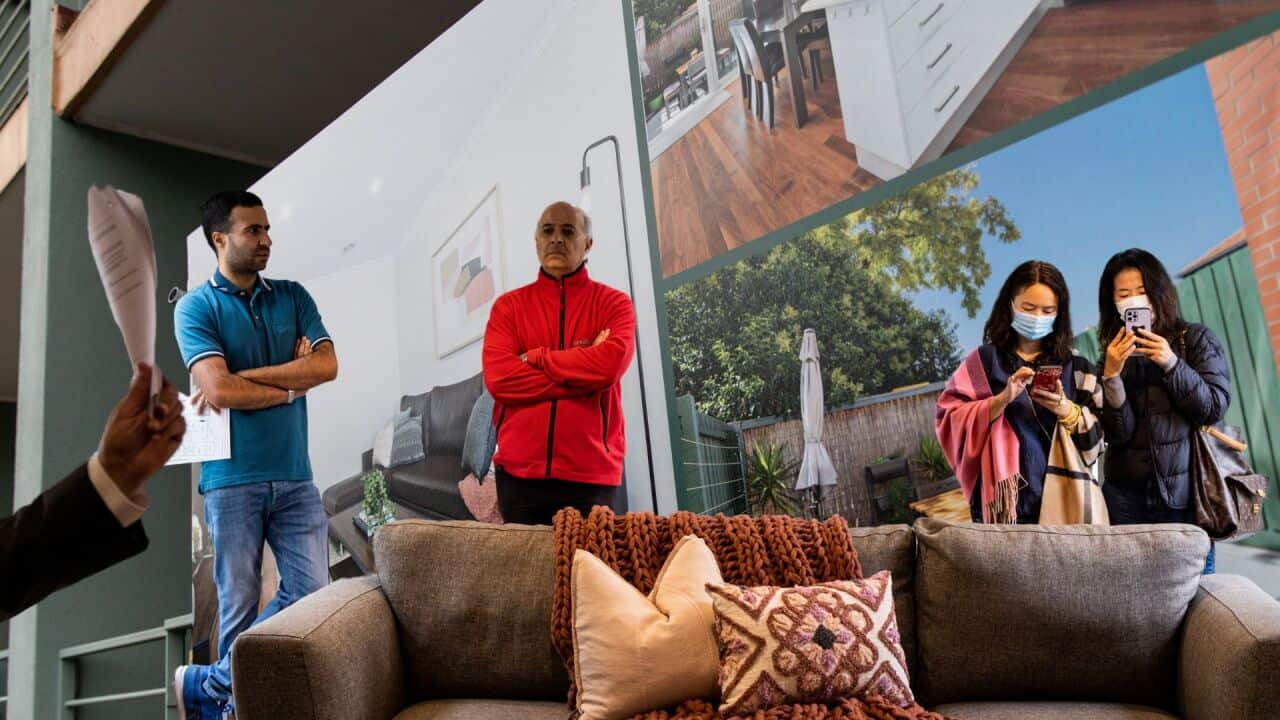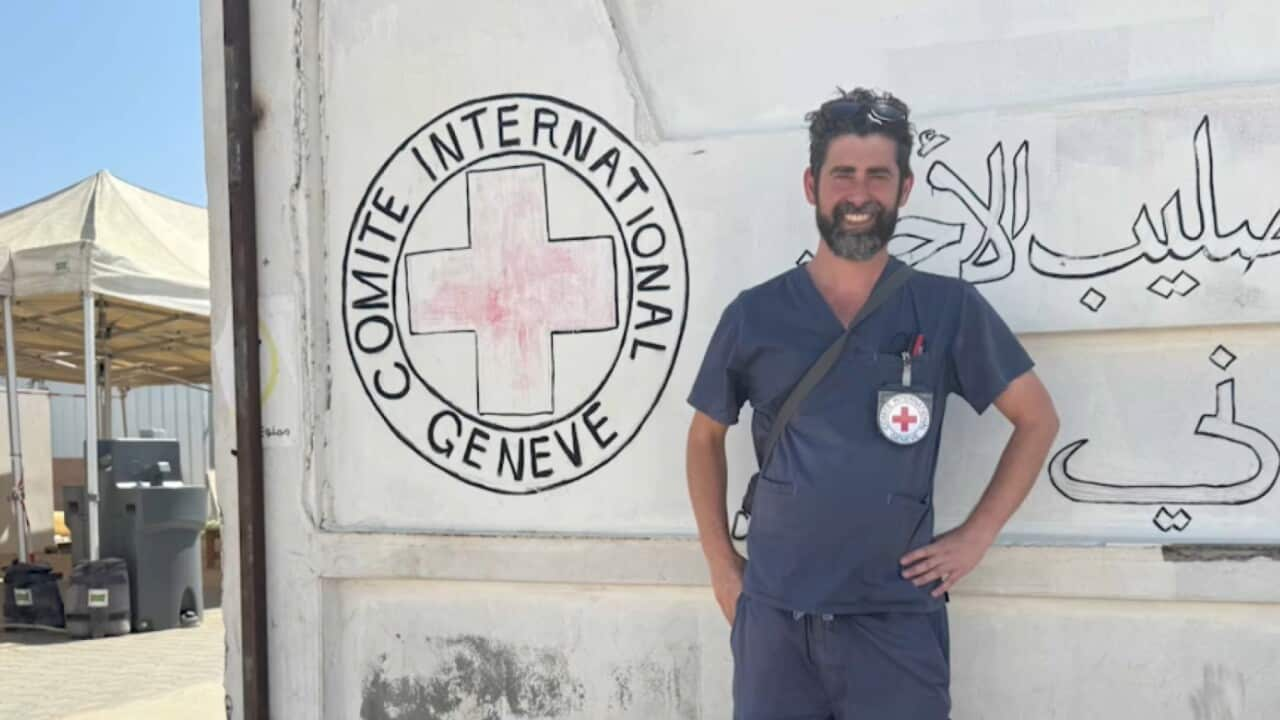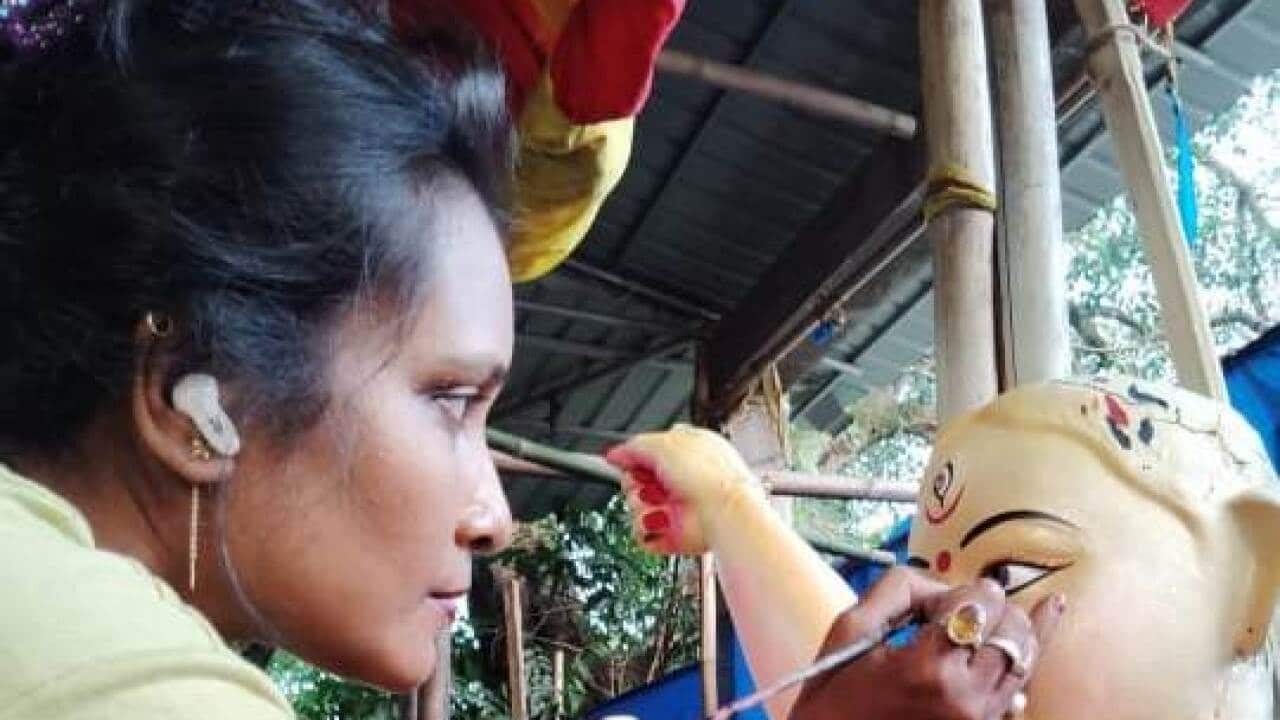Key Points
- 'Superstars of STEM' is a government-supported initiative to increase women's visibility in science, technology, engineering, and mathematics.
- Since 2017, there have been 150 'Superstars of STEM'. The latest cohort of 60 women will join the program in 2023 and 2024.
- The program, run by Science & Technology Australia (STA), is helping to raise the profile of Australian women and non-binary people in STEM and encourage diversity in STEM.
- Indrani Mukherjee and Dr Ana Baburamani are also 'Superstars of STEM' of Indian heritage.
Ms Kadiyala is among 60 scientists, technologists, engineers and mathematicians recognised nationally by Science & Technology Australia to celebrate the country’s most inspiring women and non-binary people working in Science, Technology, Engineering and Mathematics (STEM).
Difficulty of life as an international student
In 2003, Ms Kadiyala moved to Australia as an international student to complete a Master of Business in Information Systems.
"Australia was my first overseas trip and I was excited and eager to learn new things, but after I arrived, I realised it wasn't easy," she said.
"Everything was so different here. As compared to India, the educational system at the university was totally different. Students from abroad are not offered any initial assistance in navigating these changes and I was in the same boat."
She says she started to work odd jobs at a factory and McDonalds to try to make ends meet.
"While working at the McDonald's drive-through counter, I would occasionally encounter people who made racist comments to me," she recalled.
She says that after 18 months of study, she was all set to apply for permanent residency (PR), but visa rules had changed.
"I was struggling to find a job in my own profession but you won't find a good job unless you are a permanent resident," she said, adding that to meet the changed visa rules, she had to do another, six-month-long course.
"At that time I was working at Coles as a casual staff member and, out of frustration, I asked my manager to give me a permanent role so that I could fulfil the work-related requirement for PR.
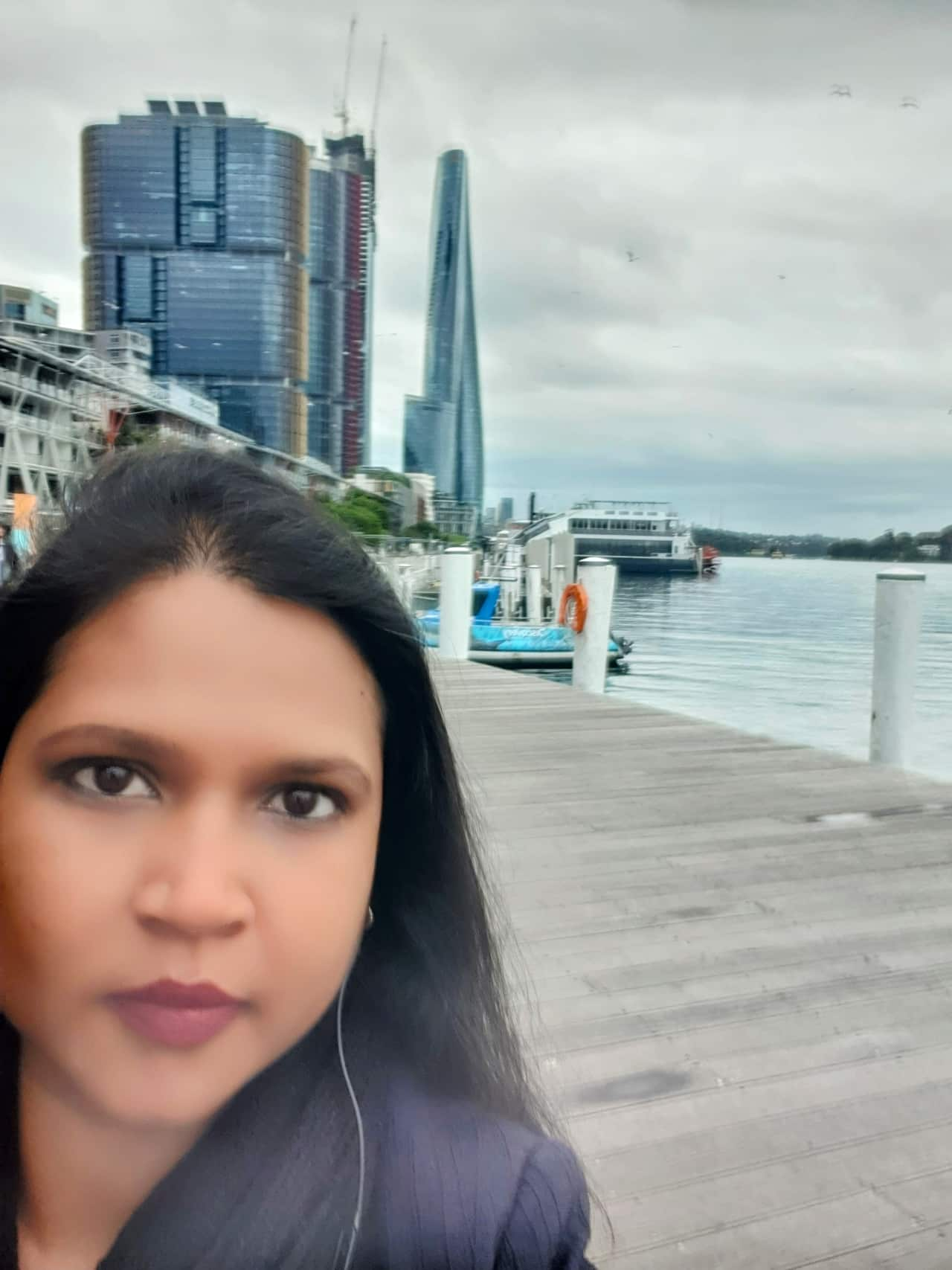
Neelima Kadiyala.
Ms Kadiyala says establishing a sense of belonging in a foreign country and workplaces to feel inclusive is crucial to the settling-in process.
"It was daunting to be a minority, both culturally and gender-wise, attending my university classes or in the early stages of my career," she said.
This has been a catalyst for my passion to champion Diversity and Inclusion (D&I) initiatives to build inclusive work environments and diverse teams.Neelima Kadiyala
Giving back to the community
Eventually, Ms Kadiyala says she found an IT job which was only for six months. "This work experience helped me a lot and following that, I never looked back," she said.
Today, Ms Kadiyala has over 15 years of experience delivering extensive transformation programs across multiple industries including financial services, government and telcos.
She says that it was only after three years of struggle that she finally got PR and was able to go back to see her parents in India.
For now, her passion is working on gaps she has found during her time here, she says.
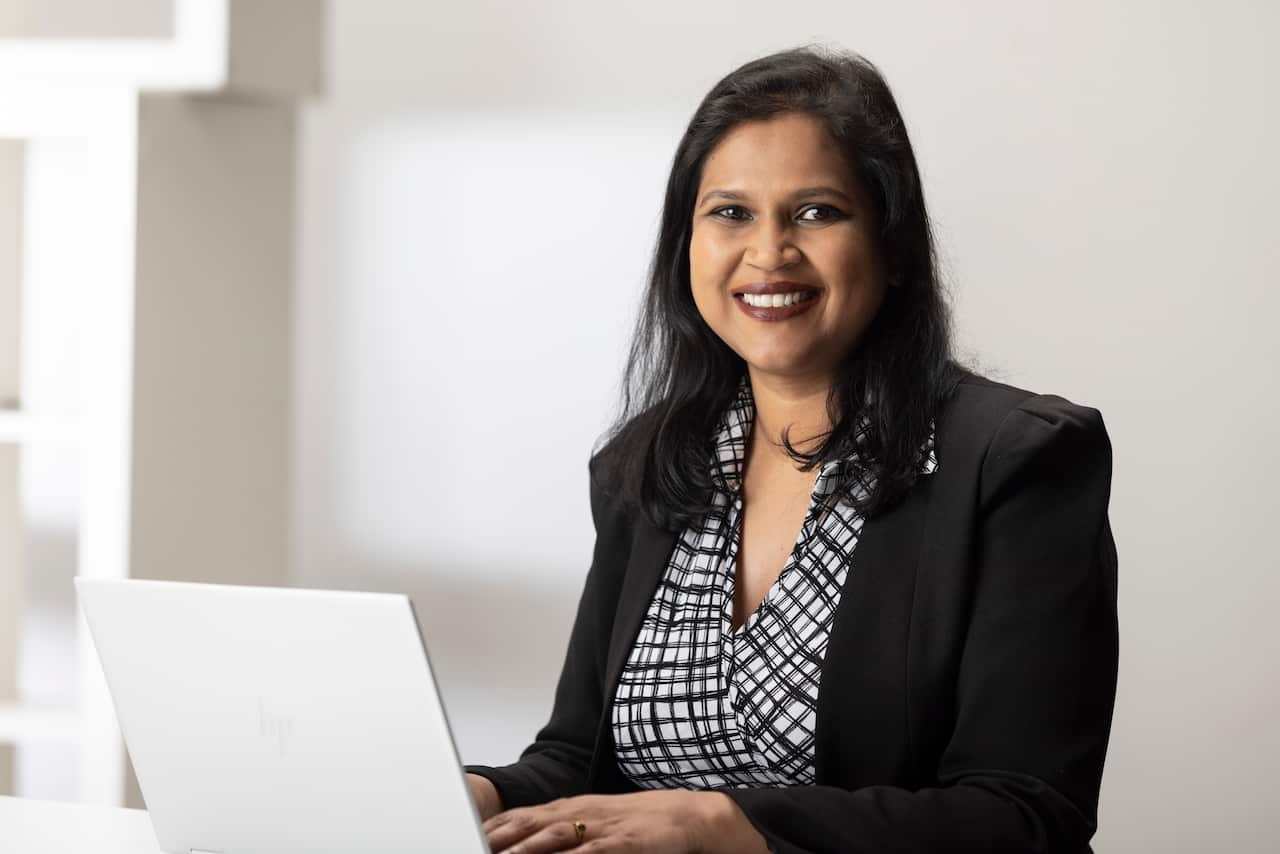
Credit: karl schwerdtfeger
During her tenure with her former employer, Ms Kadiyala introduced a program that hired a handful of international students.
"For me, it's a huge achievement. I wish to see this happening across the country," she said.
She also works with high school students, especially girls, in a bid to build a future technology talent pipeline.
"Coming from a culturally and linguistically diverse (CALD) background, I want to extend support to CALD women by sharing my learnings and insights," Ms Kadiyala, who works as an IT Program Manager at Challenger Limited, says.
"I am an Ambassador for GEEQ Australia, a not-for-profit organisation which works to empower women and promote gender equality. I want to further extend my voluntary services to the broader IT community across Australia."
She says she believes that it isn't enough to simply hire diverse candidates but that all employees must feel a sense of belonging.
"For organisations and senior leadership teams to increase diversity, they must make it a top priority," she says, adding "...it needs to happen at the top levels too."
It is imperative to share migration stories, but for organisations it is equally important to invest in programs or advocate for diversity and inclusion, according to Ms Kadiyala.


